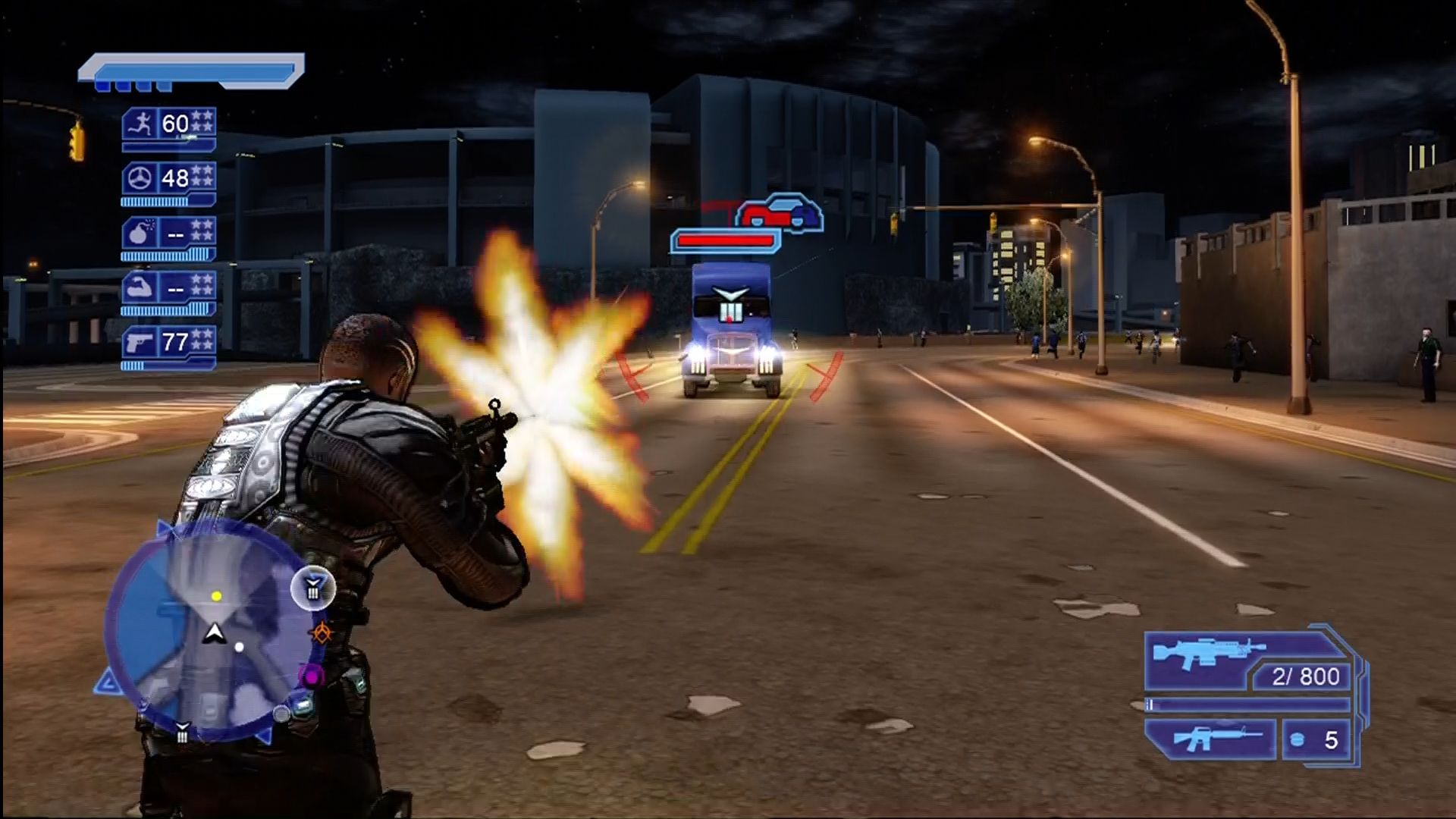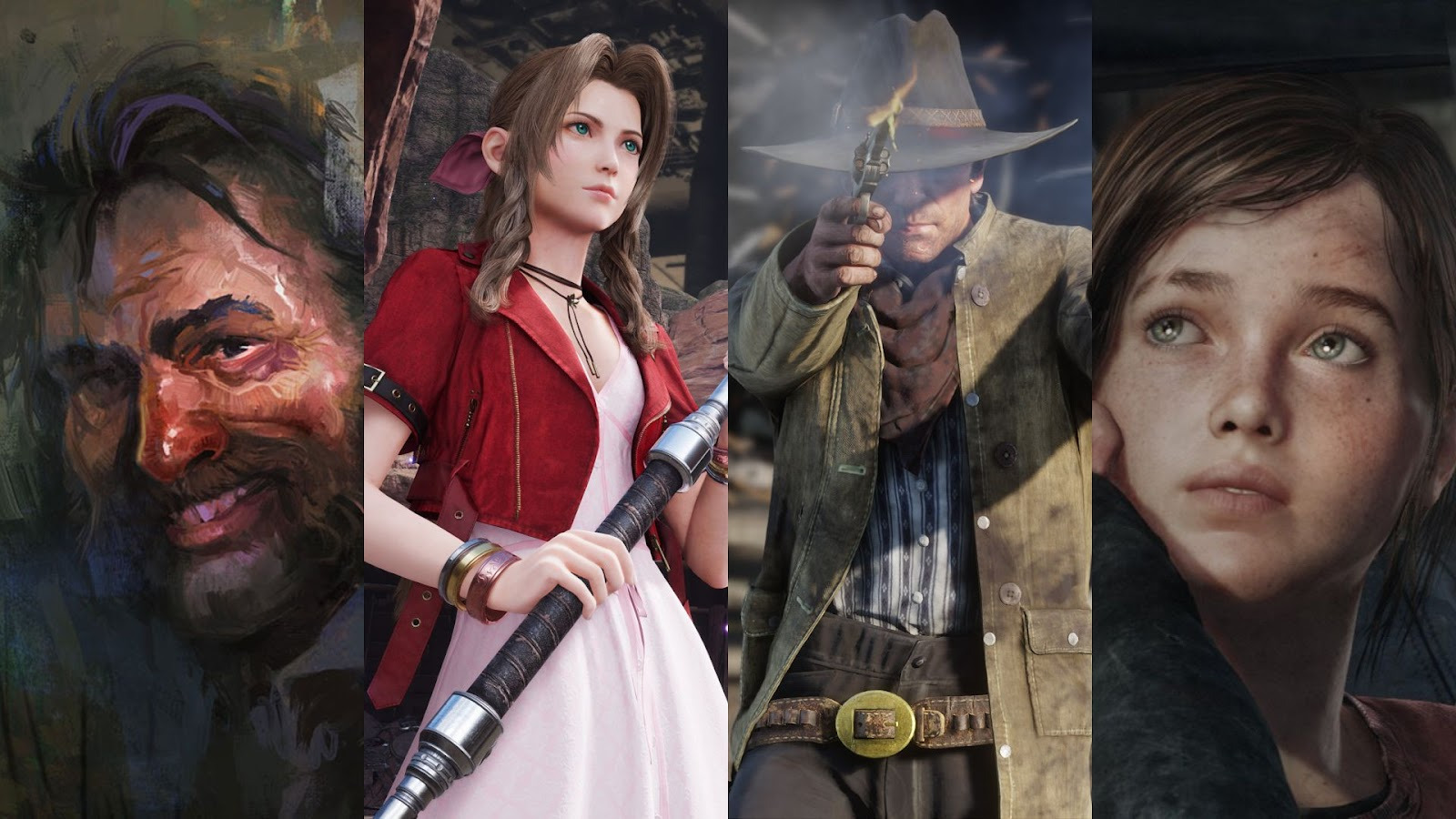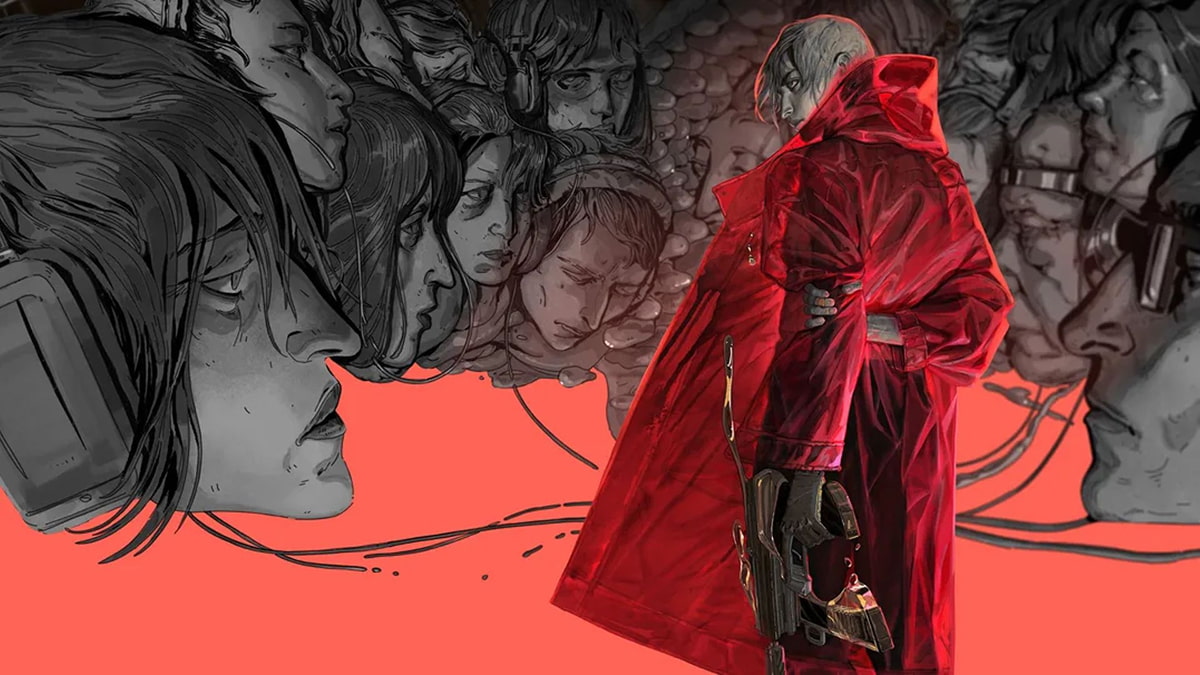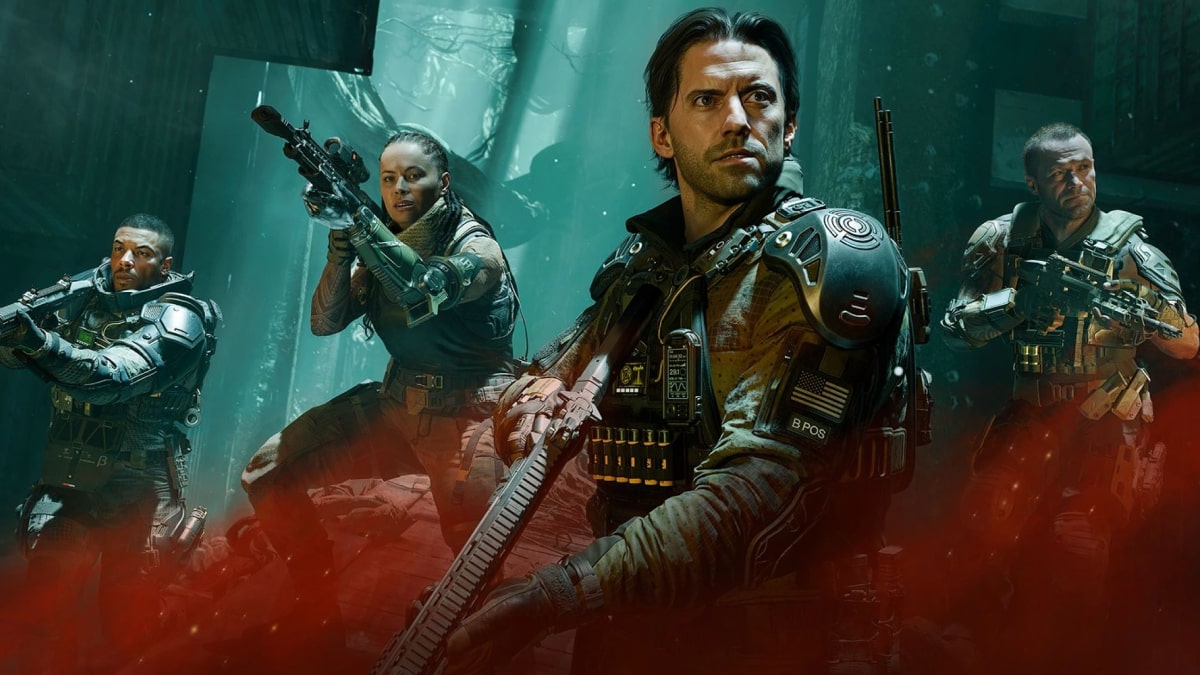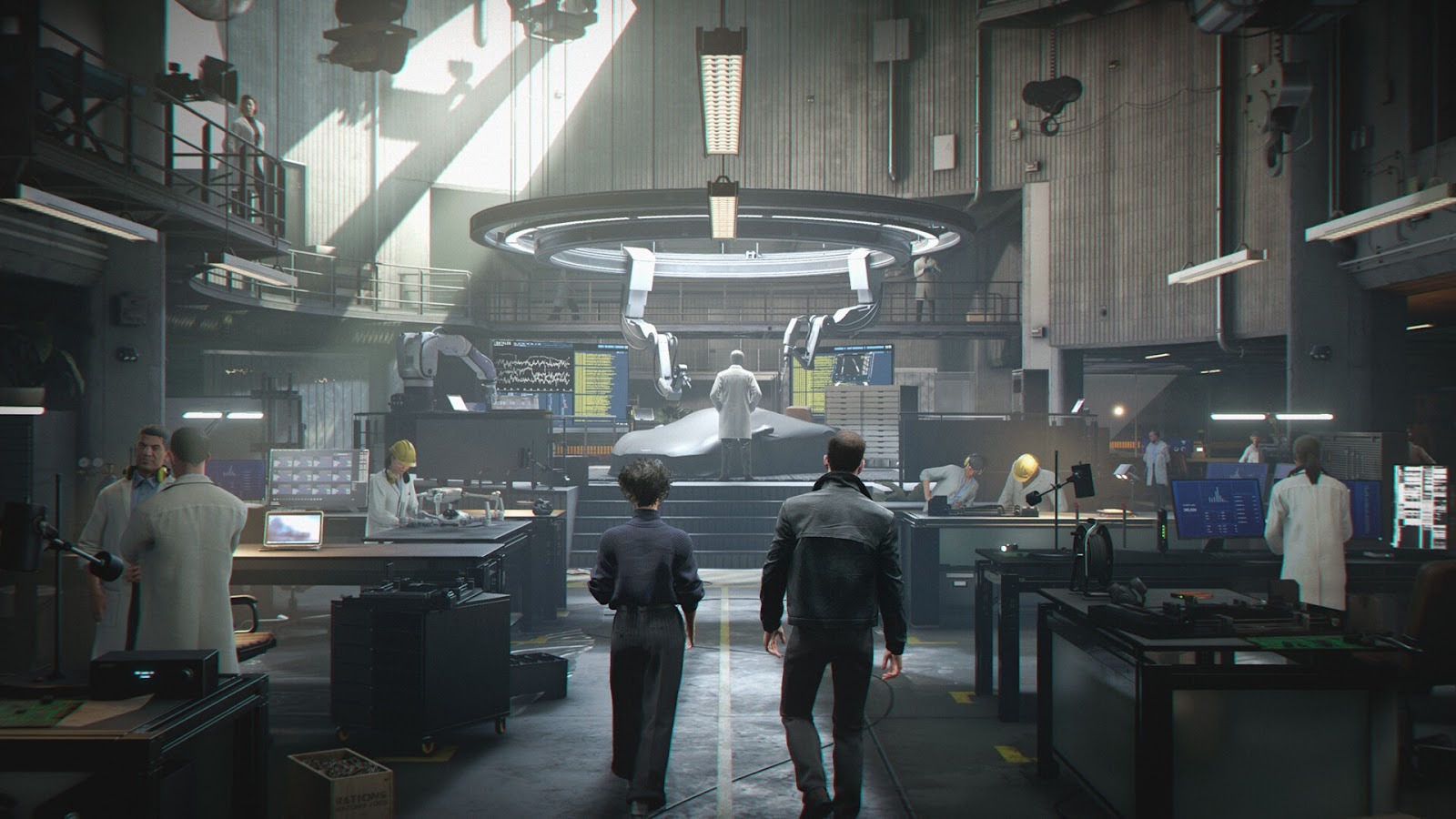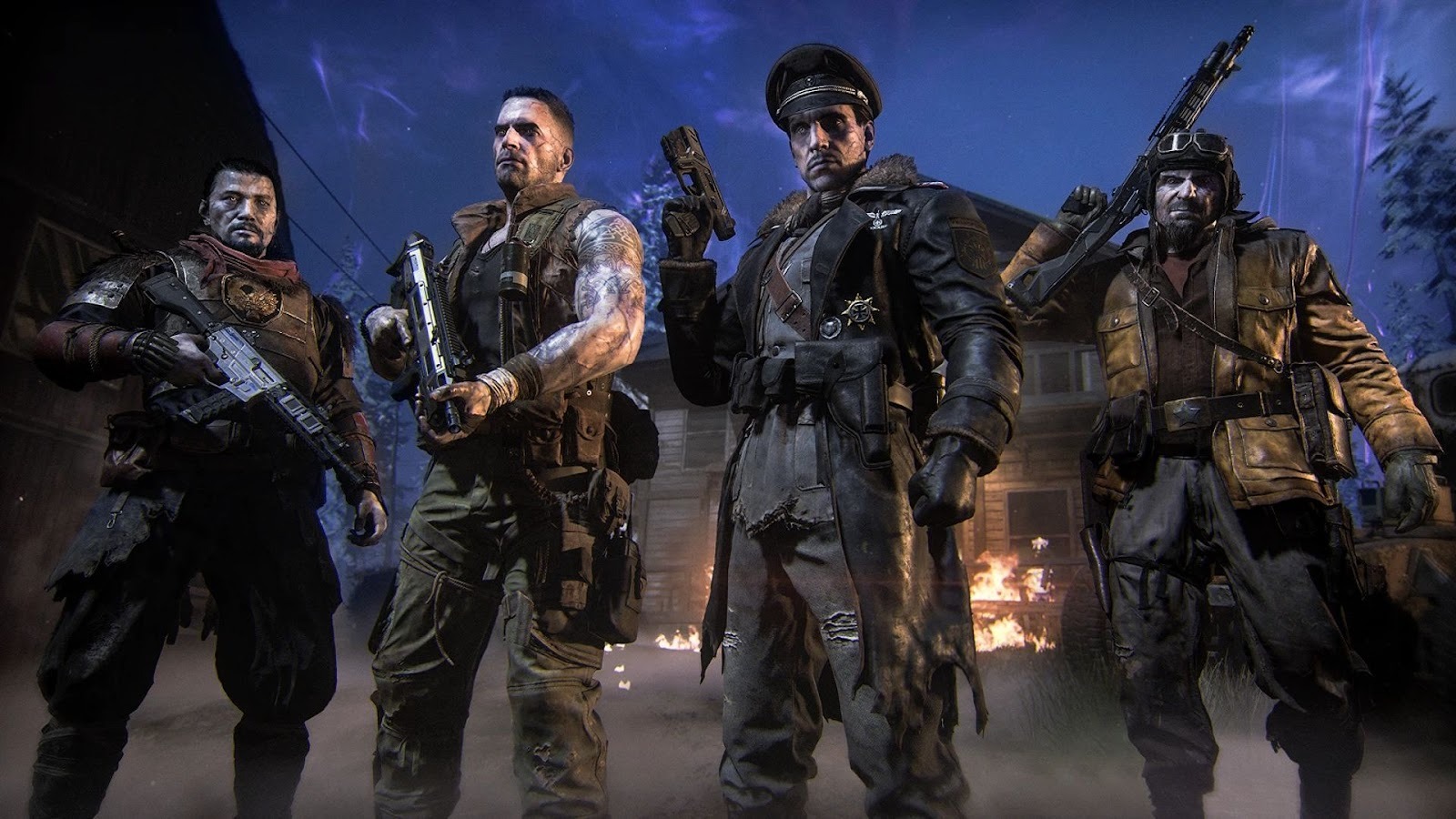You can trust VideoGamer. Our team of gaming experts spend hours testing and reviewing the latest games, to ensure you're reading the most comprehensive guide possible. Rest assured, all imagery and advice is unique and original. Check out how we test and review games here
Well, this is interesting: Call of Duty Black Ops 3 is going to let you take on its campaign mode in any way you see fit. You can skip to the last level if you want, or start in the middle. You can play one stage, then another which technically precedes it. You can even play it backwards, as if Christopher Nolan decided that he wanted to make a video game.
It’s a good idea, and one which other developers have toyed with for a while. The most (in)famous example of recent years is probably Atari’s Alone in the Dark, which made a big song and dance about being episodic. In fairness to Eden Games and Atari – and I don’t ever want to say that again – it saw which way the wind was blowing (or at least faintly recognised SOMETHING was happening) in US TV/DVD and decided to try and make it work for games. A few years before Netflix, to boot.
Sadly, Alone in the Dark was absolutely Baron von S***hausen, and everyone promptly forgot about it. Other games attempted to enable players to get to the ‘end’ more organically: in both Crackdown and Morrowind you can fight the end boss first. You’ll probably get tonked, but it’s there.
And, well, more games should do this. Not necessarily enable you to see the ending first – with story-driven games you probably wouldn’t want to do that, in the way that you don’t buy a movie you haven’t seen on Blu-ray and skip to the last scene – but they should allow easy ‘scrubbing’ along the game’s timeline.
Again, this won’t suit every game. It will, however, be of particular use in remasters – have you heard of these? – which in some cases will be games you’ve already finished. Playing the Nathan Drake Collection, I was astounded that the chapters weren’t open from the very beginning, especially since we’re all very much aware of how much filler/nonsense is in those games, and how well-regarded the set-pieces are.
I wanted to dive in and replay various standout moments and couldn’t, and it felt weird, as if I had to ‘prove’ myself once again. Why? We’re a long way beyond games just being about challenge, and given that Uncharted is far closer to a movie than most it would have made sense to just enable players to stack the best moments together and play through them, one after another.
It’s not a new idea, of course: Halo Master Chief Collection operated along these lines, because hey – no f***er wants to play the Library again. That game was a celebration of some of Xbox’s most important games, and despite cocking up the online element (a shocker, really) it realised that players aren’t just buying these collections to replay old games. They’re picking them up to stroke the nostalgia gland, to use them as mini time-machines, not overlong history lessons where you’re occasionally allowed to play the parts you actually came for.
Time is a factor, of course, as is money, talent, vision, drive, publisher input. (No word on Fluoride in the water.) There’s also QA and certification to contend with. These all need to be recognised. But knowing what your audience actually want is also important. Every single Assassin’s Creed game since the second one could have been improved by adding a pop up screen which says ‘have you ever, ever, played an Assassin’s Creed game?’. If you press ‘yes’ it skips the first 300 or so hours of interminable tutorial fluff. Let’s get past this idea that all games are just things to be ‘beaten’, or ‘learned’, or that the lore should be respected or cherished or not skipped, because in a lot of cases it’s mad s***e, usually about a rung below Masters of the Universe. If I buy Call of Duty 4: Modern Warfare Remastered: Deluxe, I want to be able to skip straight to Shock and Awe, or I’m just going to watch it on YouTube. Or download a save for the PC version and play it there.
As ever, it’s up to the developer to decide what it thinks is best for its games. But if you’ve paid for that experience, why should you have to wade through the things you hate to play the things you love? Locking to a lower difficulty level could be one answer, but would probably upset the balance. Instead, make achievements and other trinkets only accessible on certain modes if you want to retain the ‘quest’-like nature of your game (the Nathan Drake Collection, in fairness, does this. Alone in the Dark gave you achievements for skipping chapters. Oh dear.). But, for remasters especially, offer something to those who don’t have the time or the patience to do the whole thing, or the whole three things, again.

/https://oimg.videogamer.com/images/8069/alone_in_the_dark_near_death_investigation_70.jpg)
